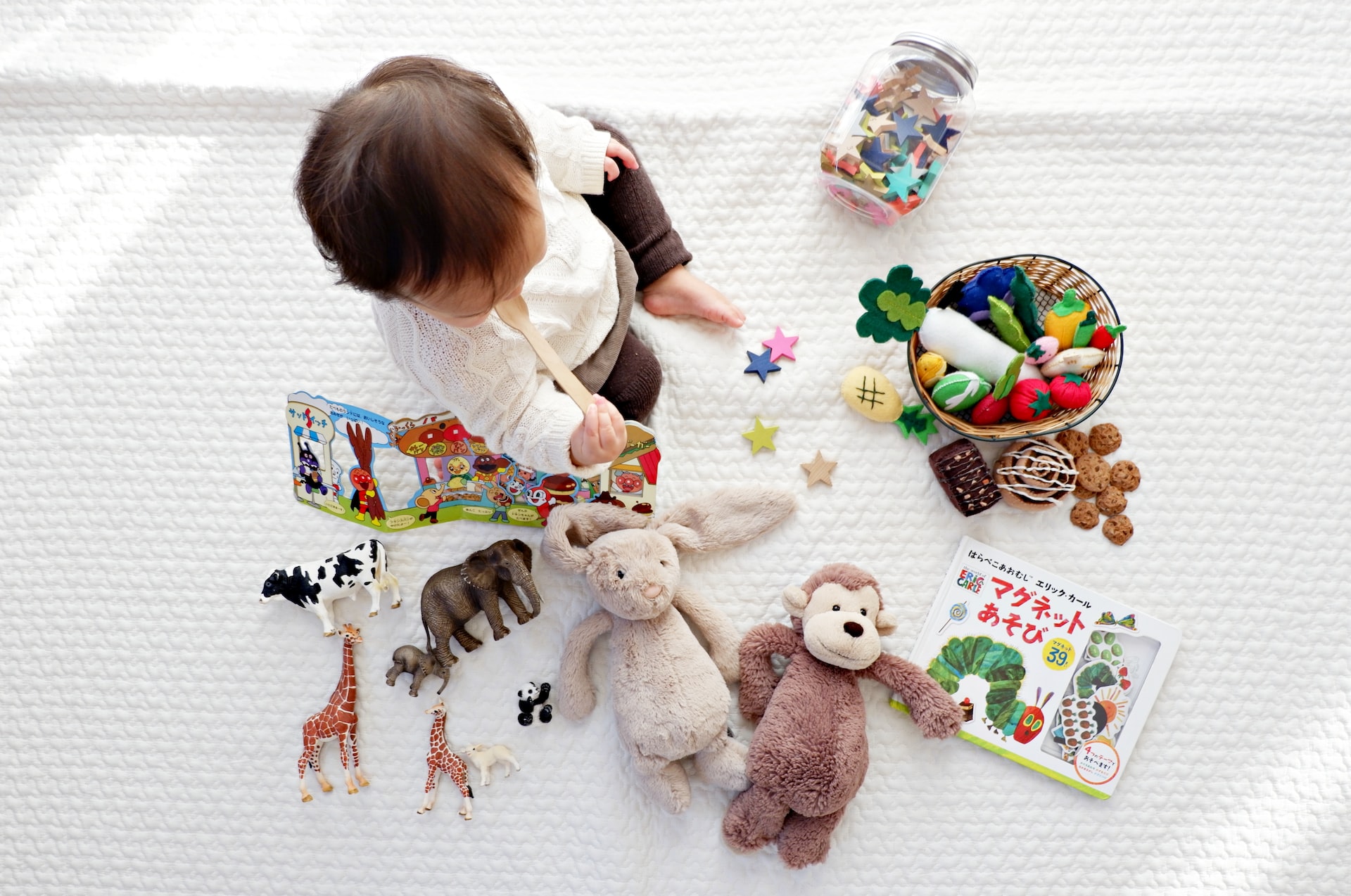By: Elizabeth Long
From the moment they are born, a baby’s brain is rapidly taking in the things that happen around them and adapting to the world. There are many things that can support them along the way to developing their brain, such as being talked to, having access to stimulating toys and experiencing new things.
Having said all of this, how do you know that your child’s brain is developing? In this blog, we will explore some of the key milestones in children’s brain development.
Recognizing themselves in the mirror
Although young babies are likely to see themselves in a mirror and be fascinated by this, showing their increasing visual awareness, they tend to think that their mirror image is a different person. The moment that they recognize themselves is a major developmental milestone as it indicates self-awareness. This is likely to occur at some point after their first birthday, often around the 20-month mark, and is sometimes referred to as the Mirror Stage.
Language
Babies are born with very effective hearing, so they are able to pick up on the noises that you make from the word go. Whilst young babies will start with babbling, a key marker of development in older toddlers is being able to make more meaningful sounds – often, Mamma or Dadda. This then develops into being able to label objects with single words, such as ‘duck’, ‘book’, ‘ball’, before being able to string several words together.
Around three years old, children should be able to say their first own name, and can count up to ten. At four, they may be able to sing their favorite nursery rhymes. They are also likely to ask a lot of questions as they explore the world around them – so parents and caregivers will need to be ready!
Playing imaginatively
As children get older, they are likely to begin developing an interest in playing imaginatively, or “playing pretend”. This could be role-playing through dress-up, or creating scenarios with toys.
This stage comes as they make more sense of their environment and develop imaginative ways to cope with it, making further links between people, places, objects and their own feelings. This helps with emotional and social development as they get older, which is why imaginative play is important throughout a child’s developmental years.
Motor skills
Fine and gross motor skills are essential for children as they try to explore the world around them, and gain their independence. As well as learning to walk, children must master several smaller skills that allow them to dress and feed themselves.
There are several key motor skills to look out for in your child’s development, such as:
- Developing a pincer grasp between the fingers and thumb (around 9-12 months)
- Clapping (12 – 18 months)
- Turning book pages (18 months – 2 years)
- Playing with dough (2 years)
- Fastening buttons (3 years)
- Using a fork (4 years)
- Holding a pencil properly (5 years)
- Can use scissors (6 years)
To sum up
Whilst there are plenty of milestones to look forward to, it’s important to remember that every child will learn differently, and at a different pace. There’s no need to be concerned about your child learning a skill a few months behind their peers. However, it is good practice to be aware of the major milestones, and talk to your doctor if you find that your child is struggling – they may just need some extra help.
Photo by Yuri Shirota on Unsplash

